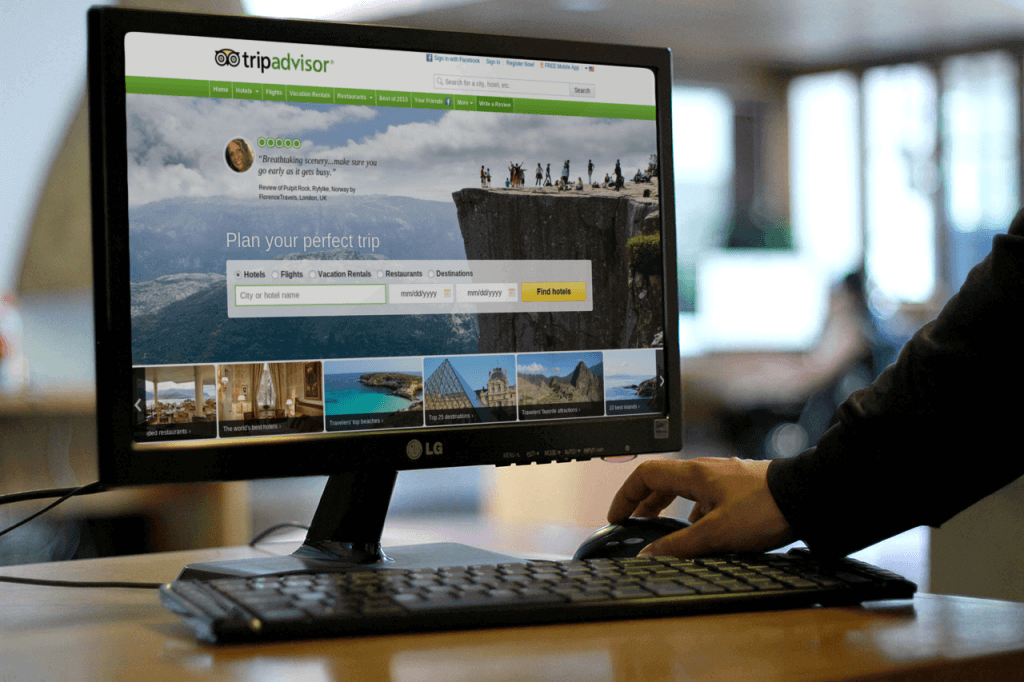
There is little doubt that the sharing economy has been one of the most disruptive forces in the hospitality industry to date.
NB: This is an article from Revinate
With 4.5M listings across 81,000 cities, Airbnb alone is a force to be reckoned with. While renting private rooms or homes used to be thought of as adventurous and even risky, many business travelers and vacation seekers today are just as comfortable booking with a private homeowner as with a hotel brand.
Growth of Private Accommodations
Airbnb has done a tremendous job gaining adoption over its 10+ year history. The company took a page from hotel websites and recognized, early on, the importance of professional photography and user reviews to drive interest and trust in a property. And over the last few years, they have made a push into business travel, making it easy for corporate travelers to get reimbursed for their stay and highlighting properties best suited for road warriors. Likewise, Airbnb Select designates the properties that will appeal to luxury travelers.
And while Airbnb now has more room inventory than the top five hotel brands combined, other hospitality brands are giving them a run for their money. Skift recently posted an article on Booking.com actively recruiting homeowners to list their properties on the site. Whether or not they succeed in beating Airbnb in listings, the result will surely be more private homes competing with hotels and motels for bookings.
TripAdvisor Traveler Ranking Update
Given the growth of private accommodations, the news that TripAdvisor is changing how it displays accommodation options to travelers in destination search results should not come as a surprise. With a growing inventory of private accommodations, it makes sense that they would want to help travelers discover the best room for their stay, whether it’s a hotel, B&B, inn or specialty lodging.
The good news for hoteliers is that even though multiple types of property will be displayed in search results, TripAdvisor will continue to display the ranking of properties within their respective categories. In other words, if you’re the #1 Hotel in a particular destination you don’t lose that honor. As TripAdvisor states, ‘your property will still be ranked against other properties within their same category only, but other accommodation types may be displayed alongside it in the “Places To Stay” search page. Travelers will still be able to filter by accommodation type and other criteria to narrow down their choices.’
This change also means an update to the ranking algorithm, which still incorporates quality, quantity, and recency of reviews, but will also better measure the consistency of each business’ performance over time.
Making the Most of TripAdvisor
So how should hoteliers continue to make the most of TripAdvisor?
As always, the best chance a hotel has at ranking well on TripAdvisor’s Popularity Index is to have a steady flow of positive reviews on TripAdvisor. If you’re not asking your guests to write reviews, you’re missing out on review volume. While it might seem like overkill, we advise hoteliers to ask guests for reviews at check out, in a follow-up email after the stay, and any time a guest has a positive engagement with a staff member.
Hoteliers should continue to keep their TripAdvisor business listing up-to-date and as accurate as possible to ensure that guests know what to expect on-property. Review the negative reviews from the last few months and make sure you’re not marketing your property in a misleading way or masking anything that will come out in guest reviews. Remember, most guests write negative reviews when their expectations have not been met.
Hoteliers should respond publicly to online guest reviews. This engagement lets prospective guests know that the hotel is serious about guest service and uses feedback to improve operations. And finally, continue to empower your team to focus on making guests feel special and appreciated. The best reviews typically come after a guest has a great experience with a staff member.




